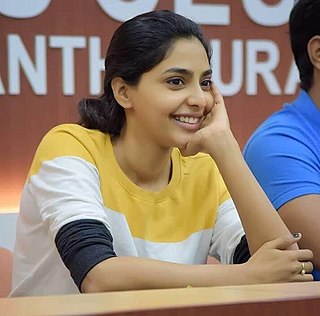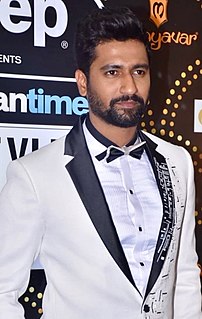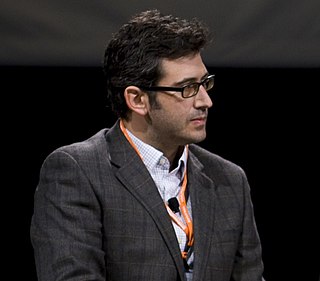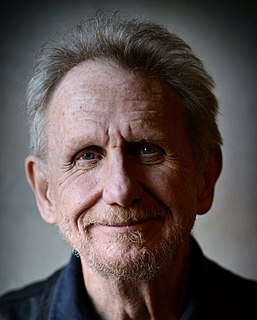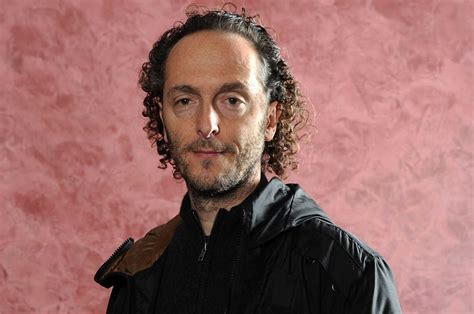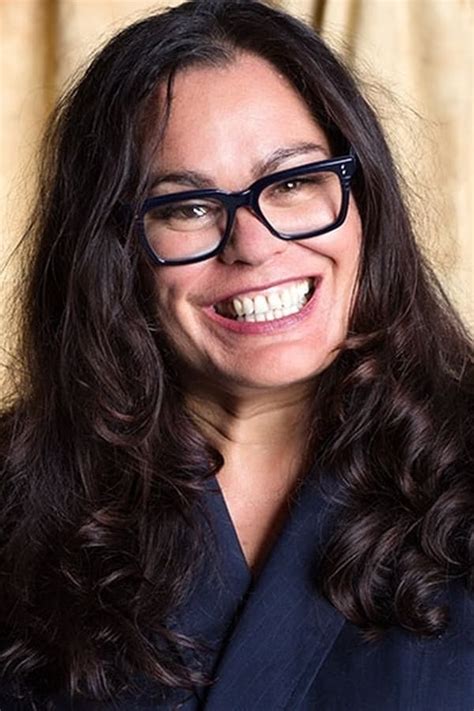A Quote by Aishwarya Lekshmi
I don't know how much I have improved as an actor. I think that is a constant process that should happen subconsciously.
Related Quotes
I have an argument that to master any field, it's simple: it's a function of time. How much you devote yourself to the process, how much experience you get, how much you're willing to expand your limits, how willing you are to develop your own style. If you're willing to put 10,000 hours, something amazing is going to happen.
I should say, a piece of advice that was given to me very early on by the principle of RADA (Royal Academy of Dramatic Art) which is where I went. When he auditioned me, he said, "Your speech, monologue, is fine. It's good. Yeah, I think you have ability but you're making it happen. Don't make it happen, let it happen." And that's a sort of subtle shift I think, as an actor.
If I'm writing a story and you're reading it, or vice versa, you took time out of your day to pick up my book. I think the one thing that will kill that relationship is if you feel me condescending to you in the process. And how does that happen? Well, it happens when I know more than you do, and when I know that I know more than you do, and I'm holding it back from you. So that I can then manipulate you at the end. You know, you think about like in a dating situation how terrible that would be, it's the same thing with a book.
In my experience, writing a novel tends to create its own structure, its own demands, its own language, its own ending. So for much of the period in which I'm writing, I'm waiting to understand what's going to happen next, and how and where it's going to happen. In some cases, fairly early in the process, I do know how a book will end. But most of the time, not at all, and in this particular case, many questions are still unanswered, even though I've been working for months.
